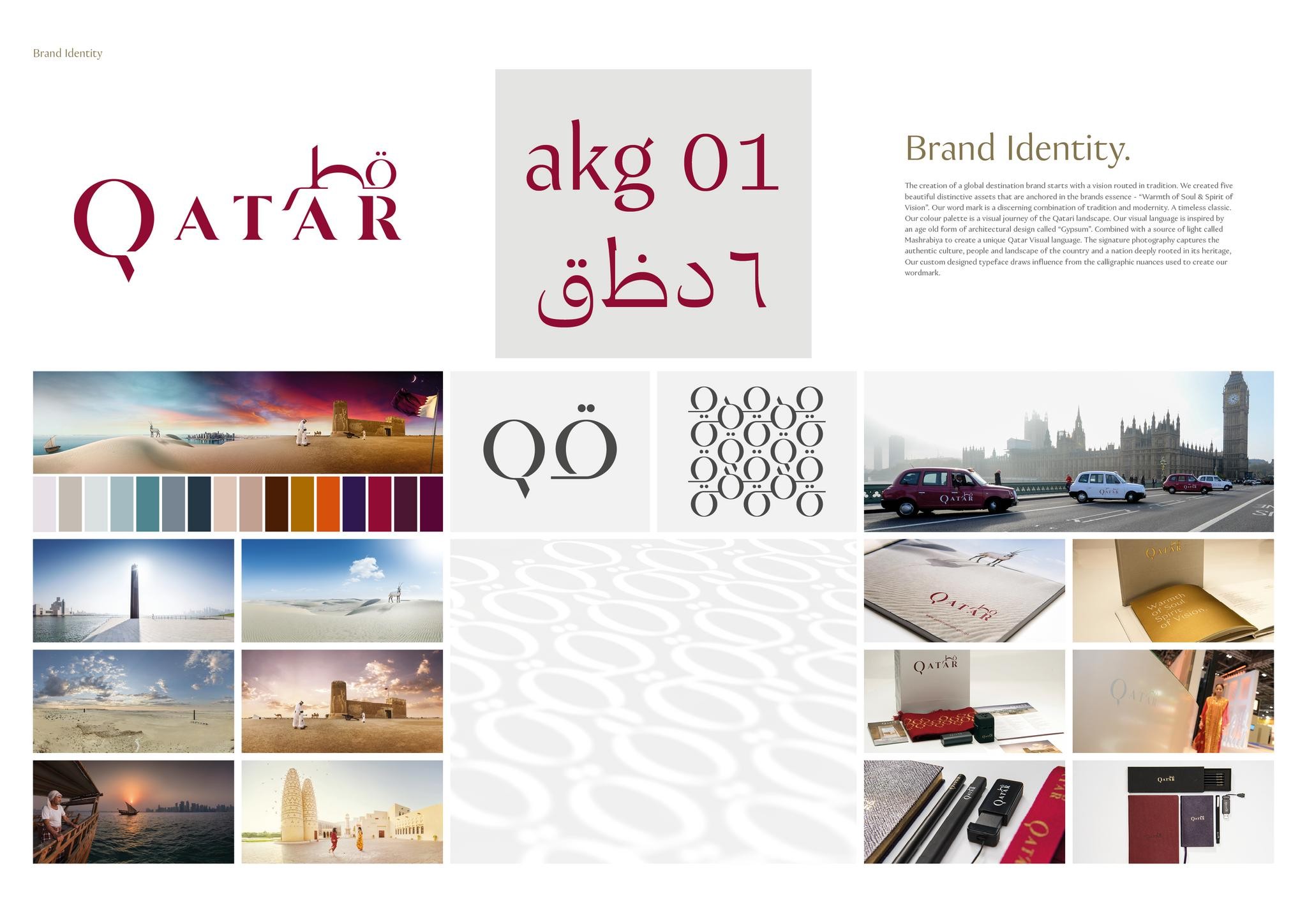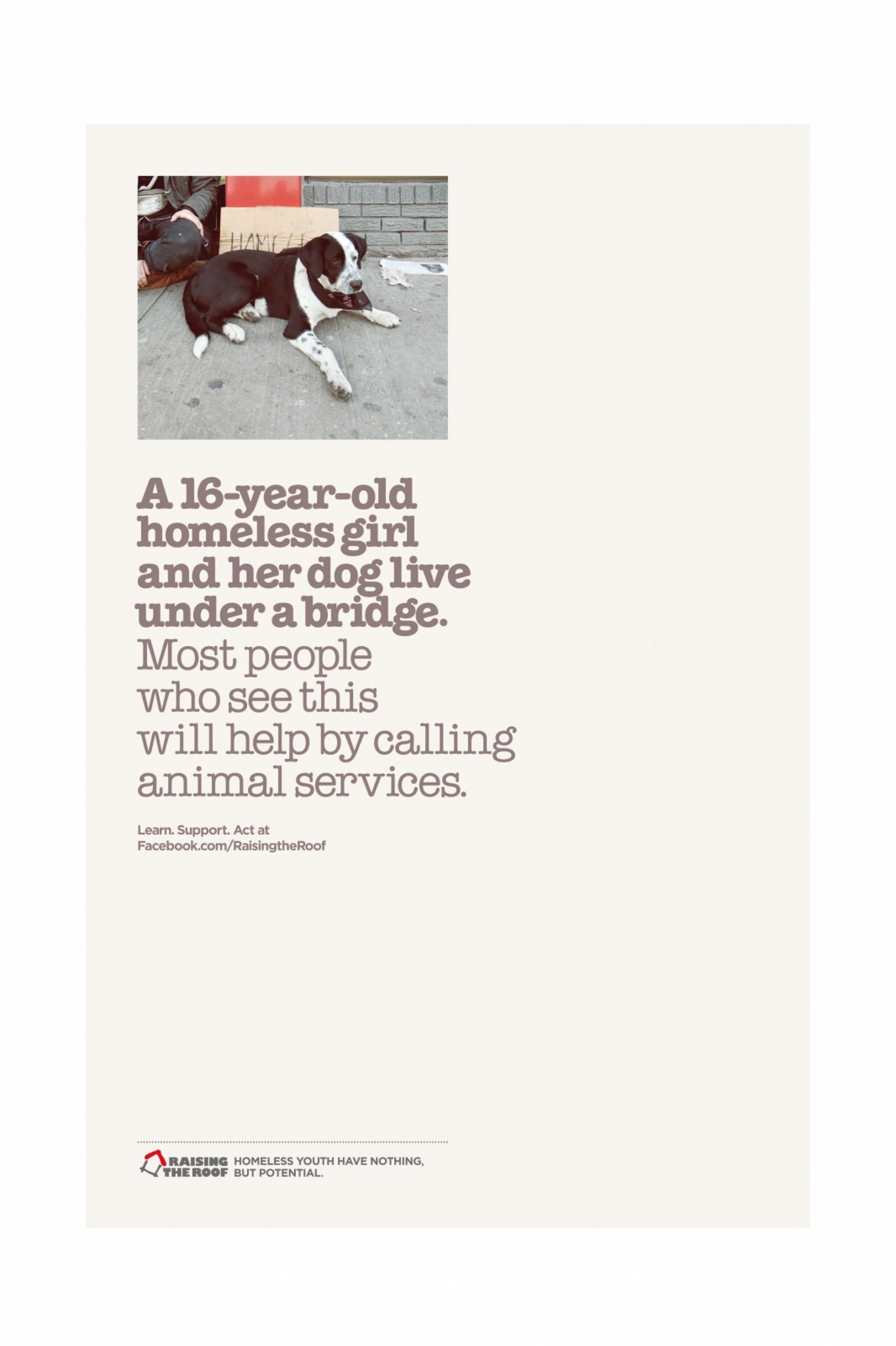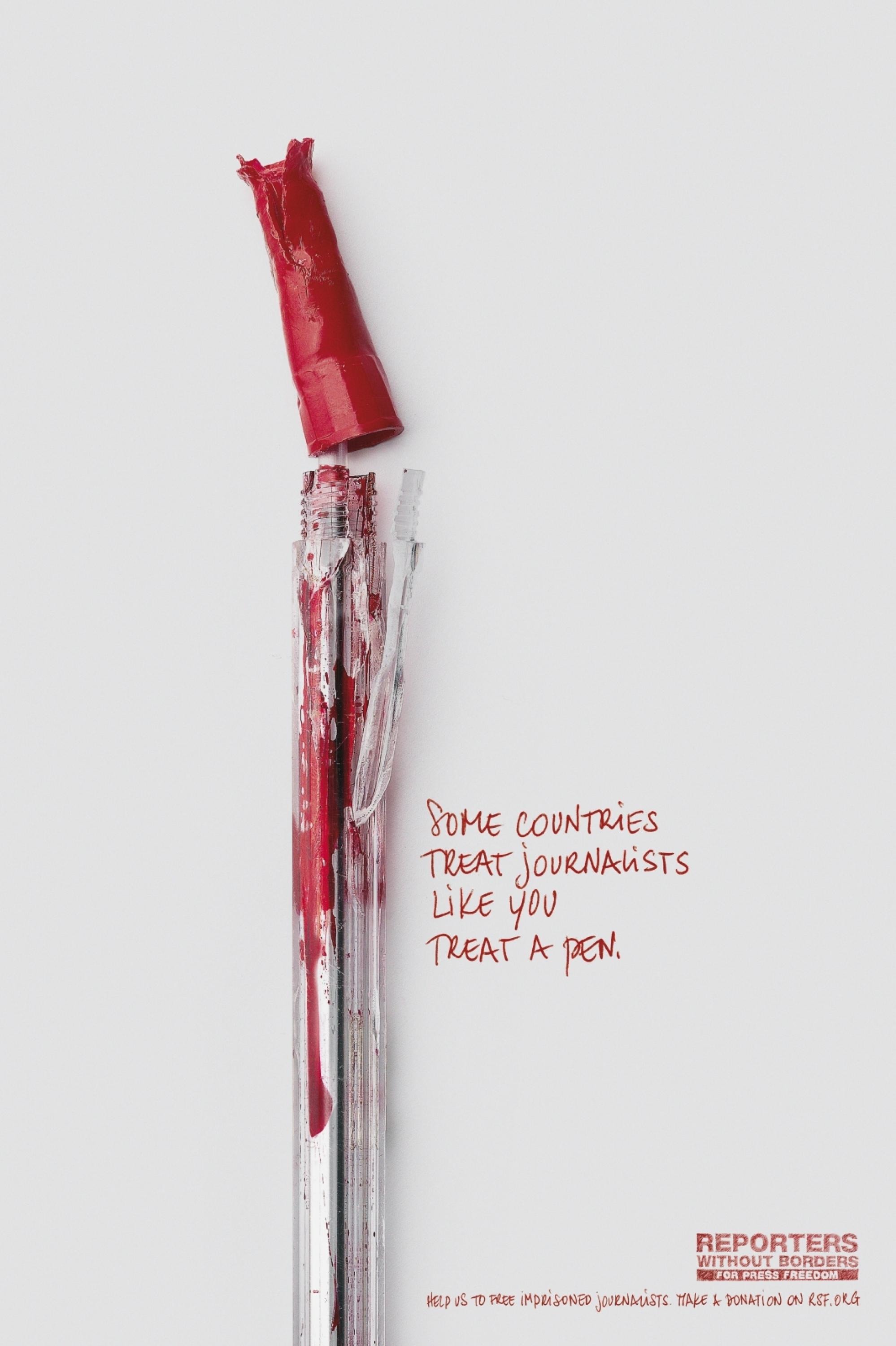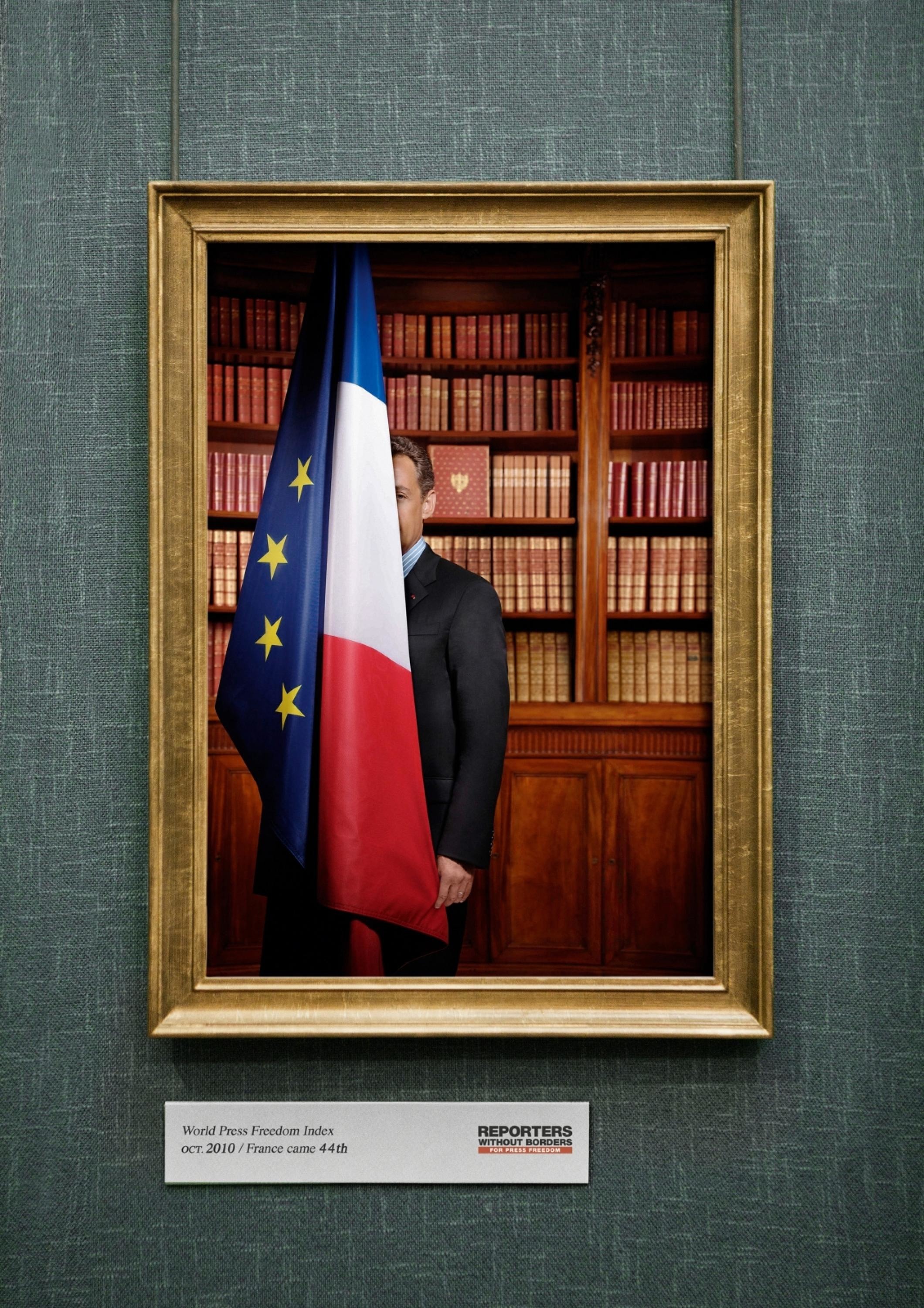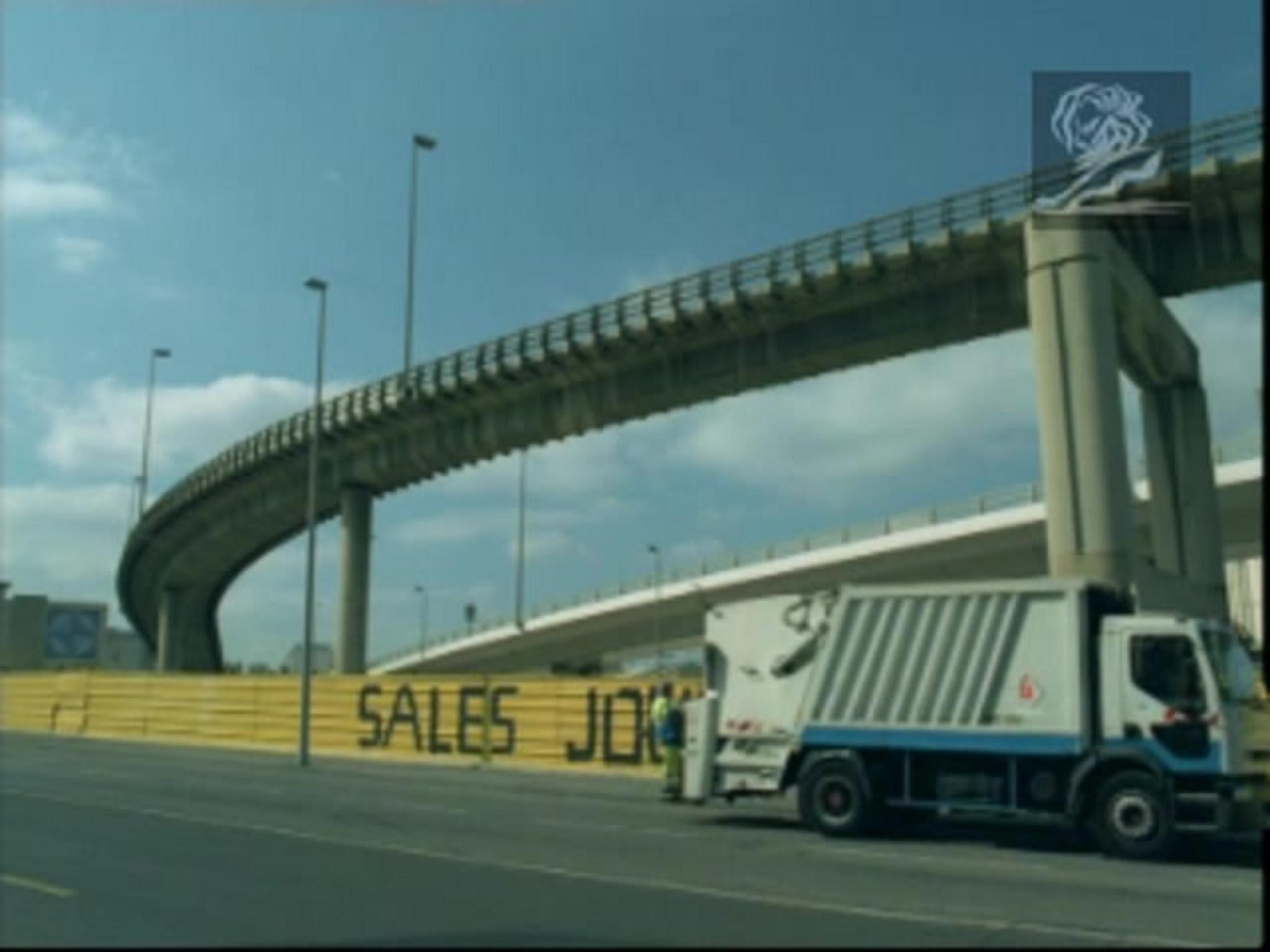Cannes Lions
Billboards Beyond Borders
ÅKESTAM HOLST, Stockholm / REPORTERS WITHOUT BORDERS / 2019

Overview
Entries
Credits
OVERVIEW
Background
The campaign was global, so the local context in each market did not play a significant role for the understanding of the idea – just in seeding and spreading the idea.
But for some extra context: Google took down Billboards Beyond Borders with reference to their user agreement - ”Contributions must be based on real experiences and information” – which we found delightfully ironic.
Because what could be more real than the predicament of journalists experiencing threats the world over, caused by their desire to provide accurate information?
By putting the problem of free speech on Google Maps, we created global impact for Reporters Without Borders based on a creative strategy, a thought-provokingly innovative idea, and a few hours of work in Photoshop by a skilled team.
An amazing result on a close to zero budget, for a non-profit that needs all its funds to continue fighting for free speech.
Idea
We gathered quotes from journalists that had been silenced, threatened or even murdered, and republished them on big billboards in their country of origin. But since the quotes would never be allowed on the real streets of these countries, we found a loophole.
By downloading 360 spheres - map images - from Google Street View, altering them in Photoshop and uploading them again, we put the messages (along with the author and their punishment) on display inside each country. Freedom messages that everybody could see, impossible for corrupt governments to delete.
Anyone could visit the billboards in Google Street View, as Google Maps allows for user-generated content. We didn’t hack, sabotage or break any rules, but used a loophole nobody had thought of before - hidden in plain sight.
Our messages of freedom lived at the heart of oppressive countries, but beyond their borders. This was Billboards Beyond Borders.
Strategy
Our strategic process involved researching the countries where the threats against journalism had increased, and looking for patterns that could help amplify Reporters Without Border’s message.
A key area of concern, of course, was the dual role of digital media – providing a safe space and global reach for many journalists, but also enabling more sophisticated government surveillance and coordinated harassment of journalists. This made us focus on the role played by the big global tech companies, like Facebook, Twitter and Google.
The breakthrough moment came when we realized that most of the countries we were researching, surprisingly, still had a perfect digital mirror image on the internet – Google Maps.
That for each country where journalists were threatened, there existed a digital copy of that country that exhibited greater freedom compared to the physical world. A copy that could act as a symbol for a world free from threats to journalists and free speech.
We realized we could turn the mirror image of each repressive country into a medium for our message. That we could put free speech on the map again – literally.
(To learn more about how we ensured a successful launch, see the Confidential section)
Outcome
Billboards Beyond Borders had an immediate positive impact across the world, and was picked up by local activists in Russia, the USA and across the world.
For the first 72 hours, each billboard had over 130 000 unique visitors, and was discussed in news broadcasts and morning shows all over the globe.
Then a risk we had anticipated came true: Google took down the campaign, ostensibly for violating the user terms for Google Maps.
But having prepared for this from the beginning, we could use the takedown to fuel a second debate around censorship and the role of Big Tech in inhibiting free speech, resulting in more coverage on CNBC in the US and across many other markets.
In total, Billboard Beyond Borders achieved an earned media reach of 45 000 000 people globally, and an estimated media value of over 2,7 million dollars.
Similar Campaigns
12 items
